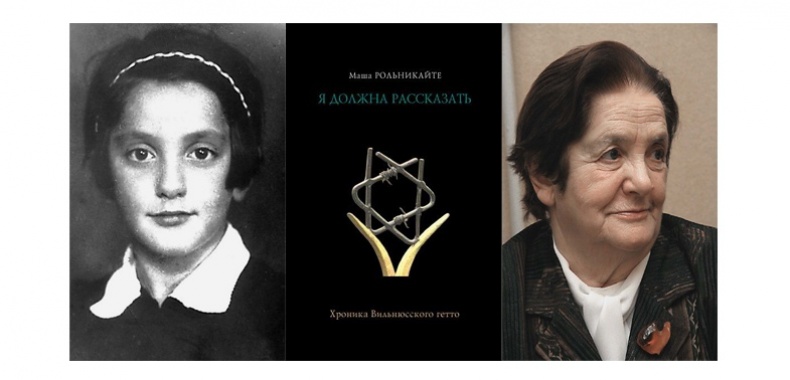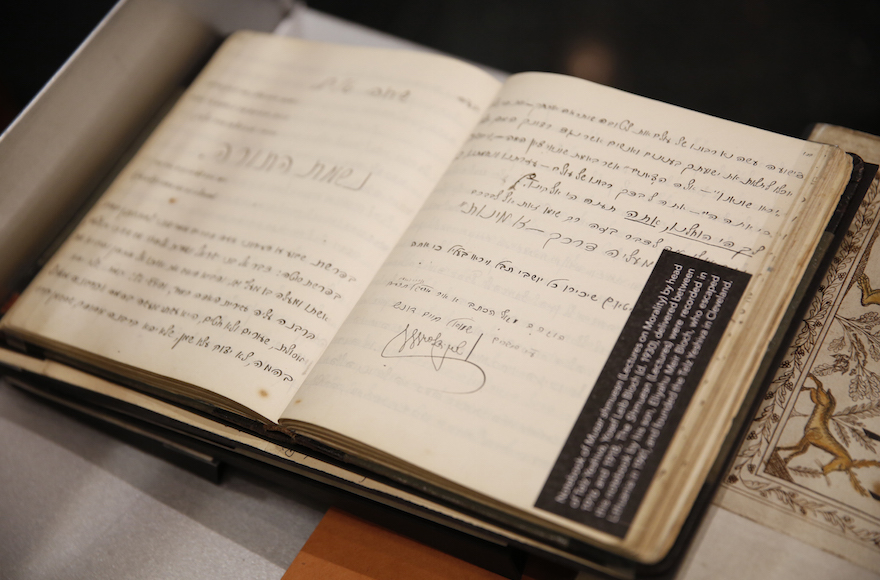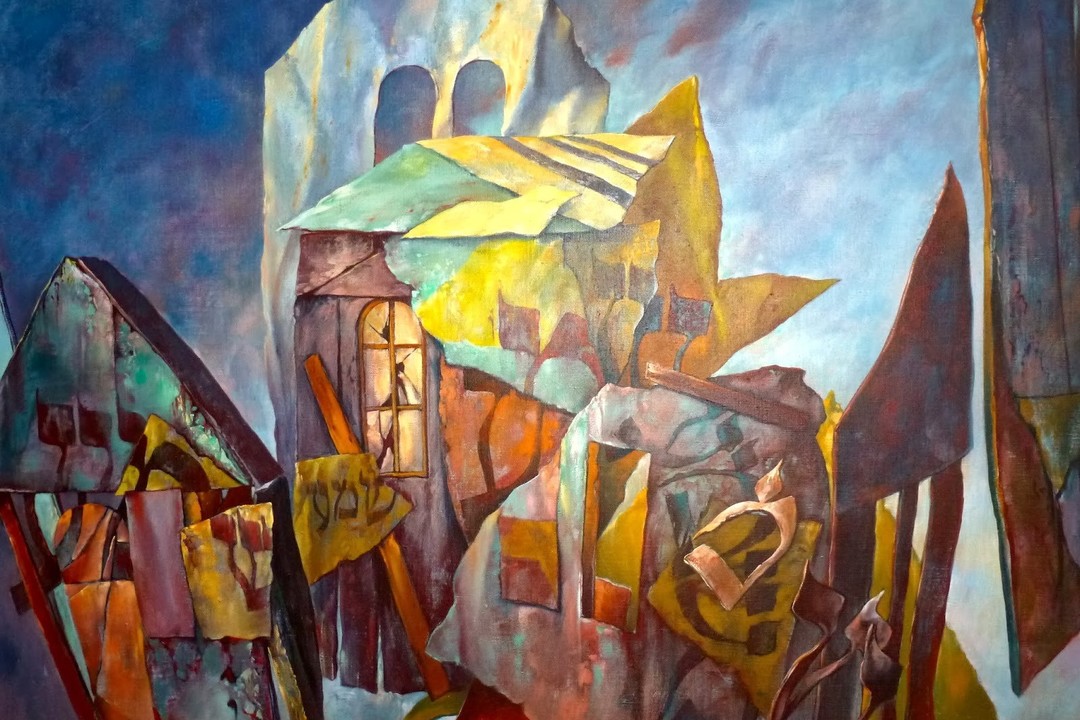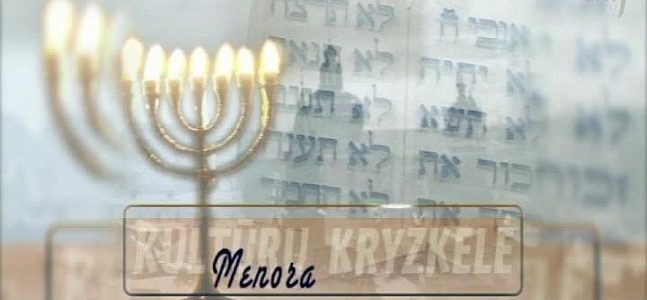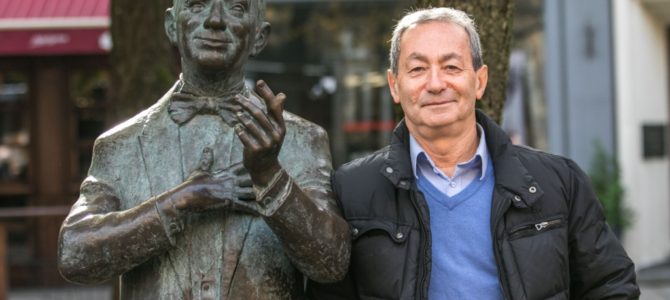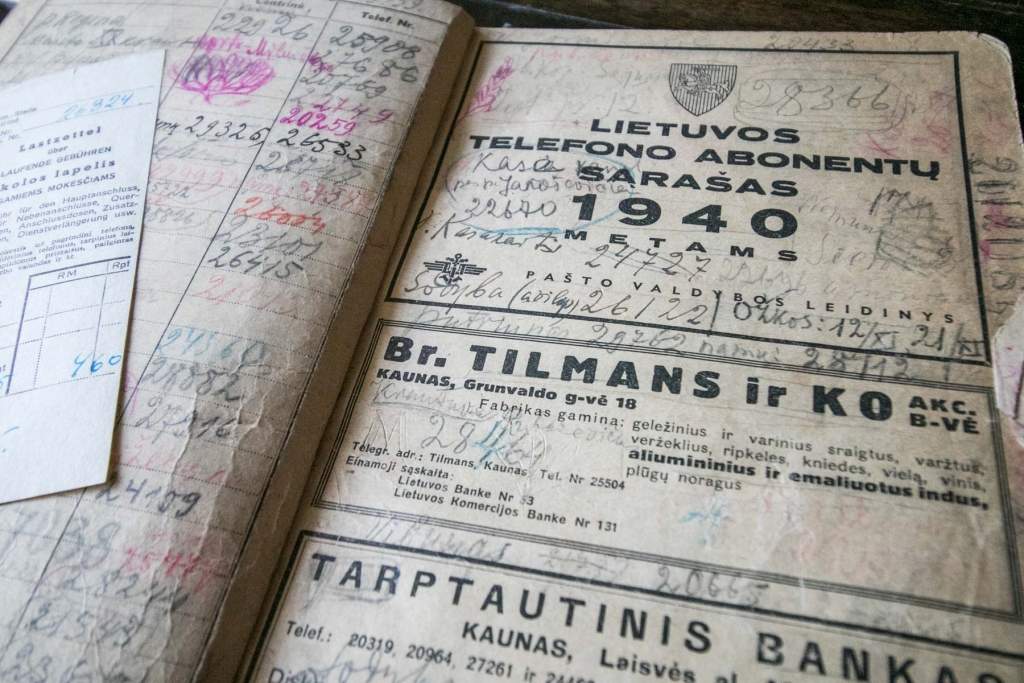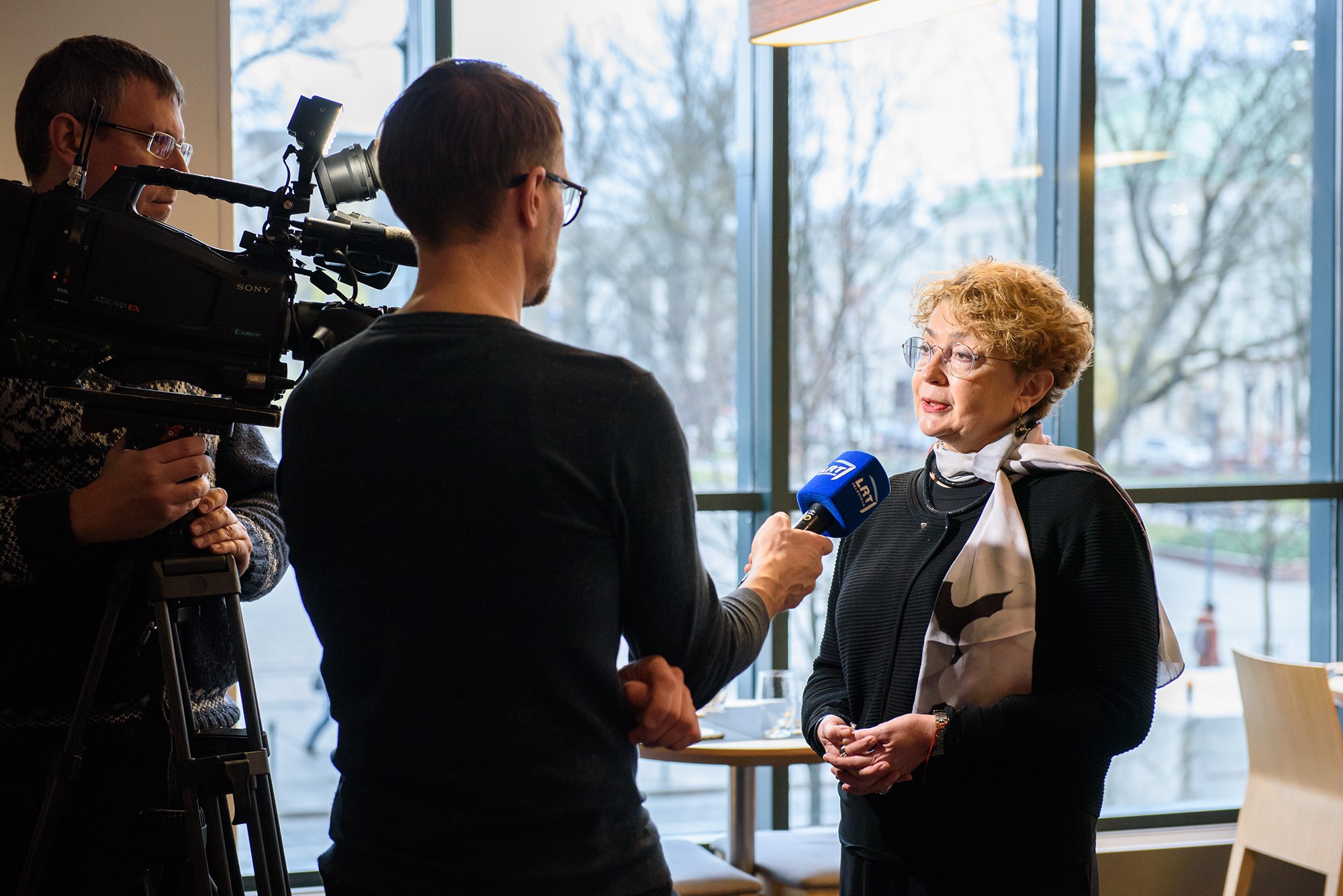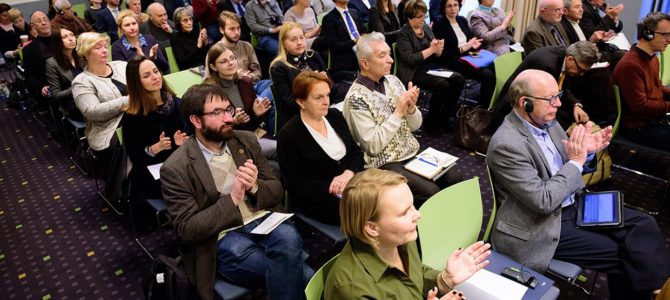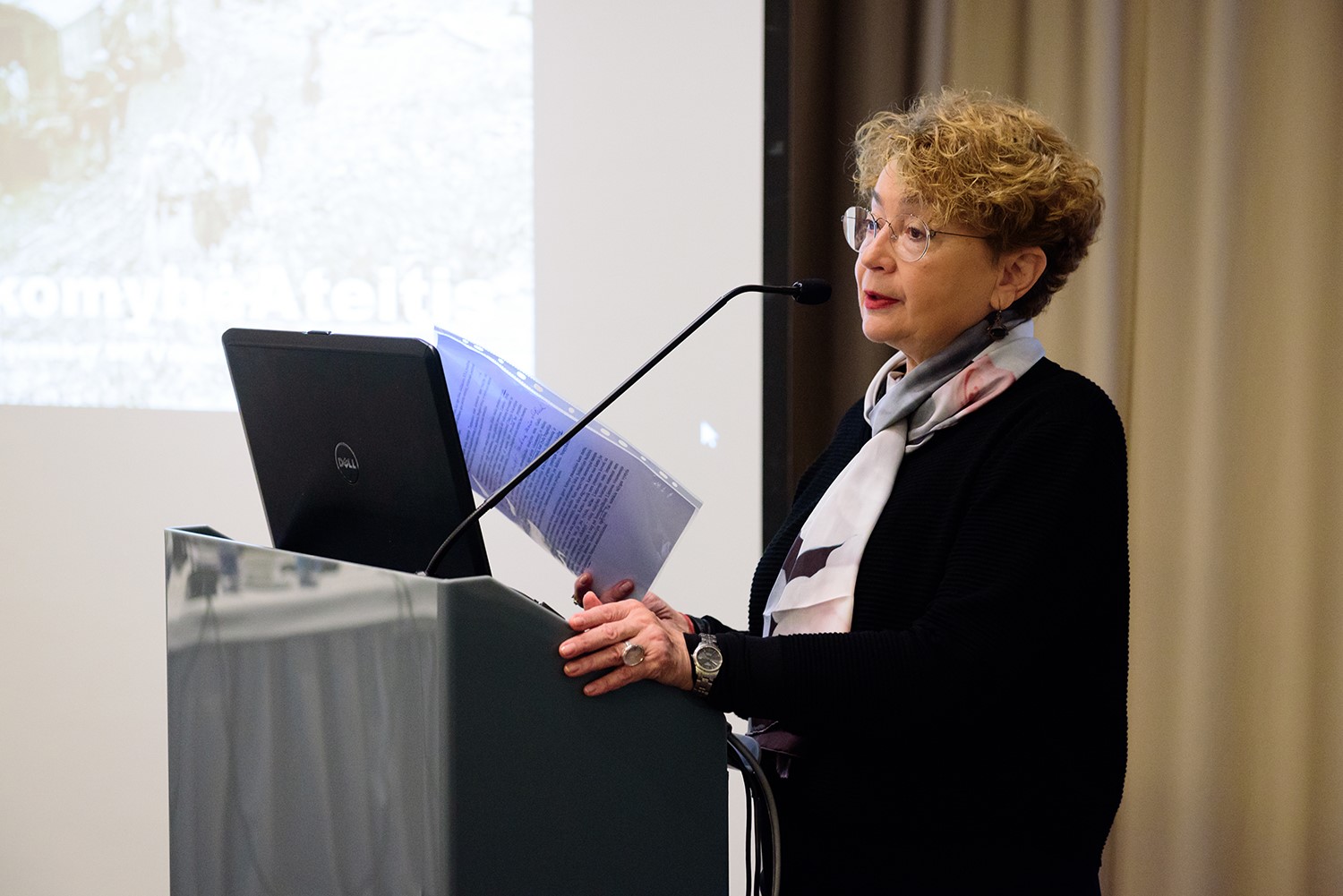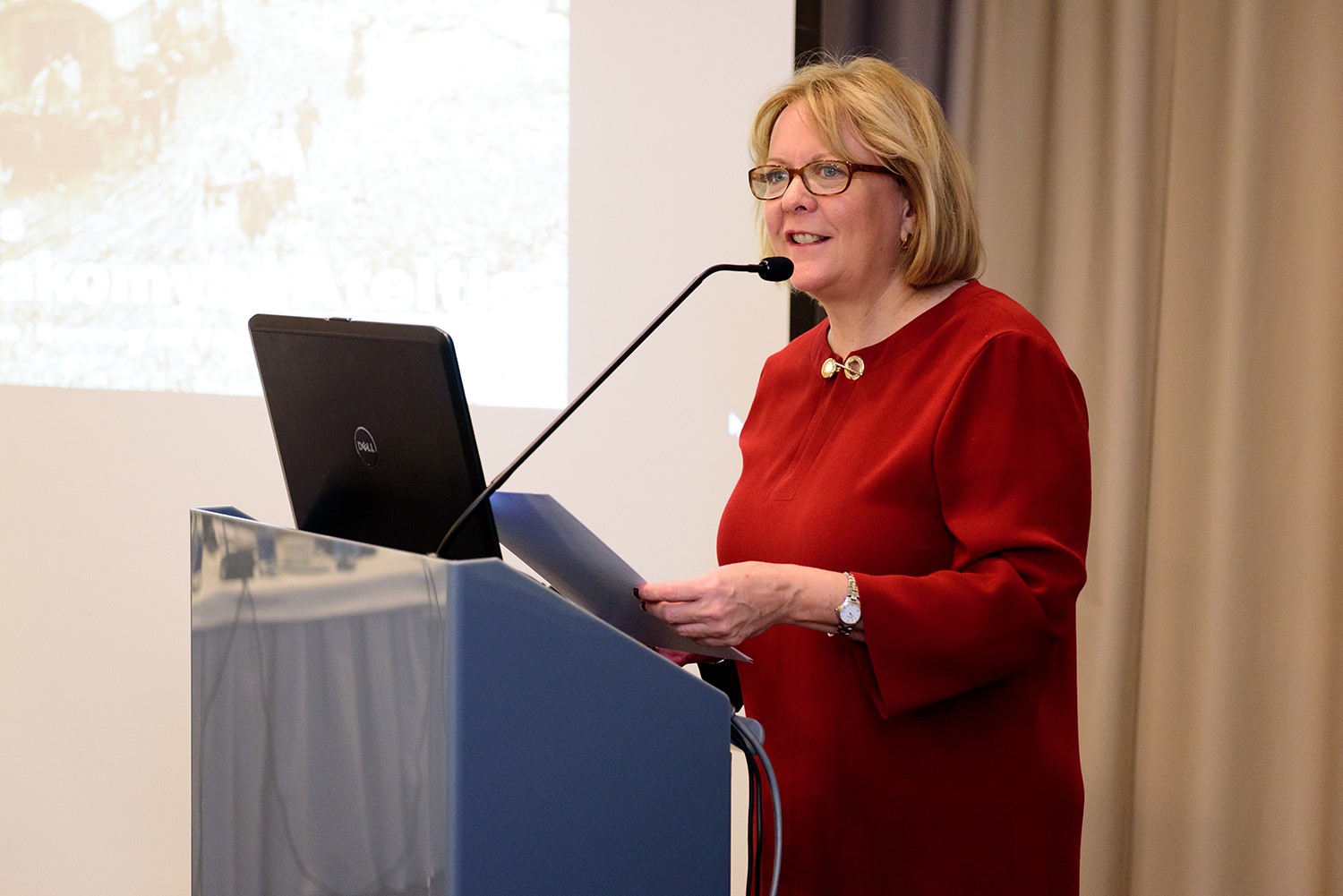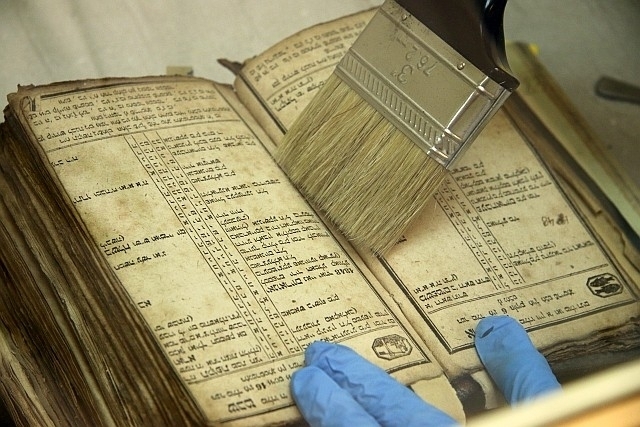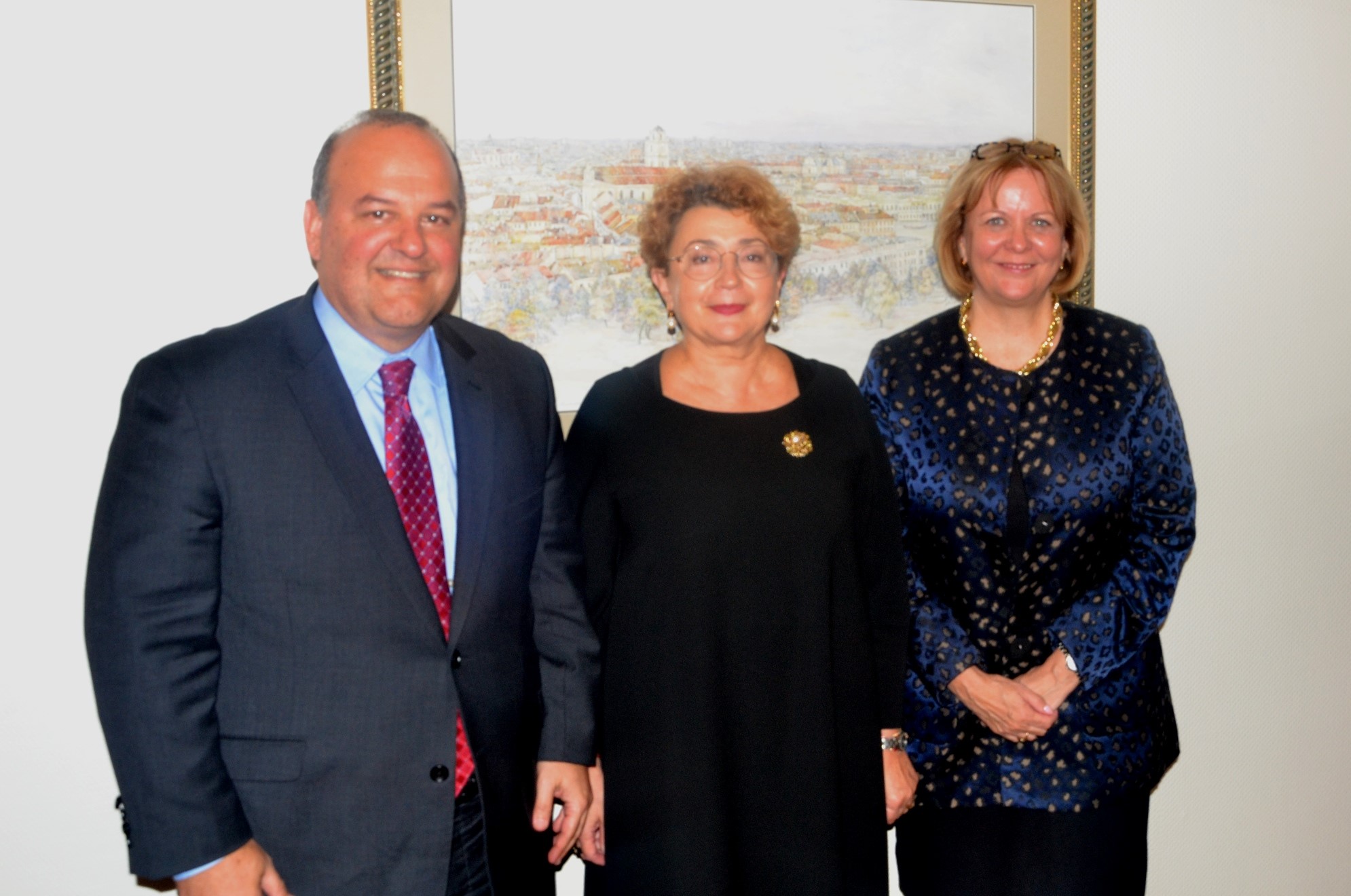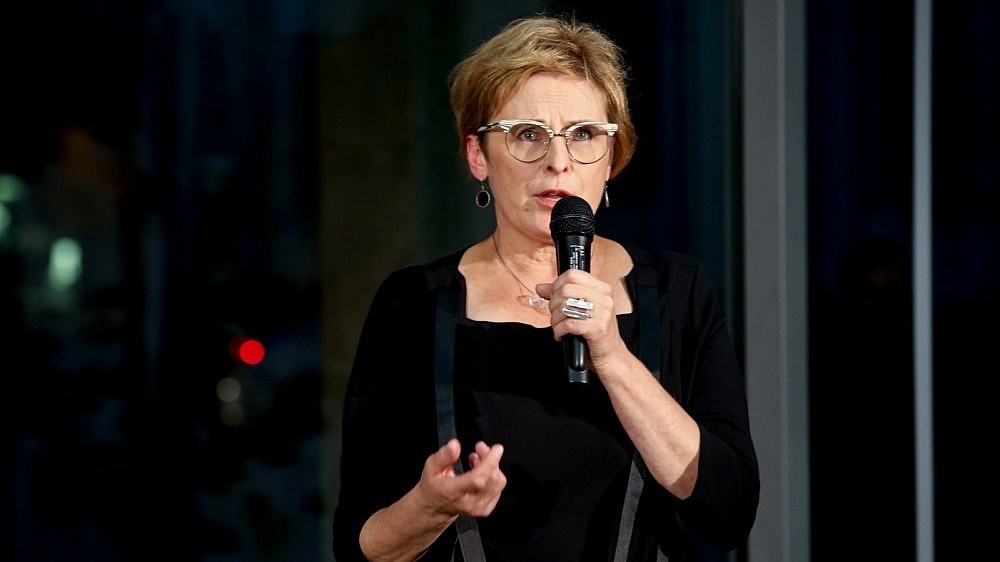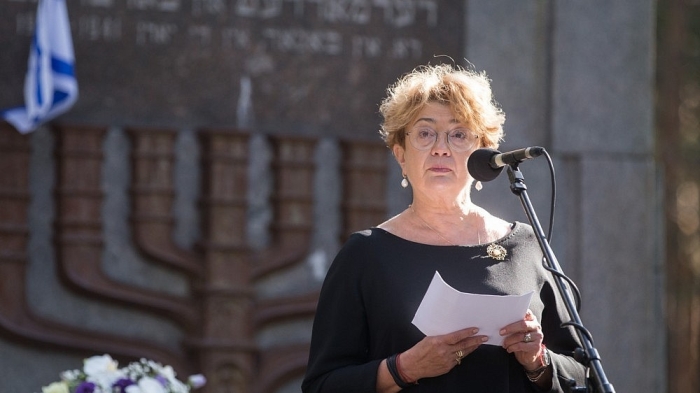
Photos: BNS
by Birutė Vyšniauskaitė, www.lrt.lt
Although the scandal caused by writer Rūta Vanagaitė’s statements on the partisan Adolfas Ramanauskas has subsided, Lithuanian Jewish Community chairwoman Faina Kukliansky believes the tranquility is only temporary. Vanagaitė’s book Mūsiškiai about the mass murder of Jews in Lithuania is soon to appear in English translation. She also enjoys the support of the European Jewish Congress and has many proponents in Israel. In an interview with LRT [Lithuanian Public Radio and Television], Kukliansky said we shouldn’t fear coming scandals.
“I really liked historian Saulius Sužiedėlis’s idea that it’s possible to read a given document or set of documents a number of times and come to different conclusions. It takes special training and understanding to study documents. An elderly grandmother could read the same documents, and while they might be interesting to her, she won’t be able to make sense of them. So, what if a book is written for public relations, seeking profit and to sensationalize readers and listeners?” Kukliansky told LRT regarding the aftermath of the Vanagaitė scandal.


